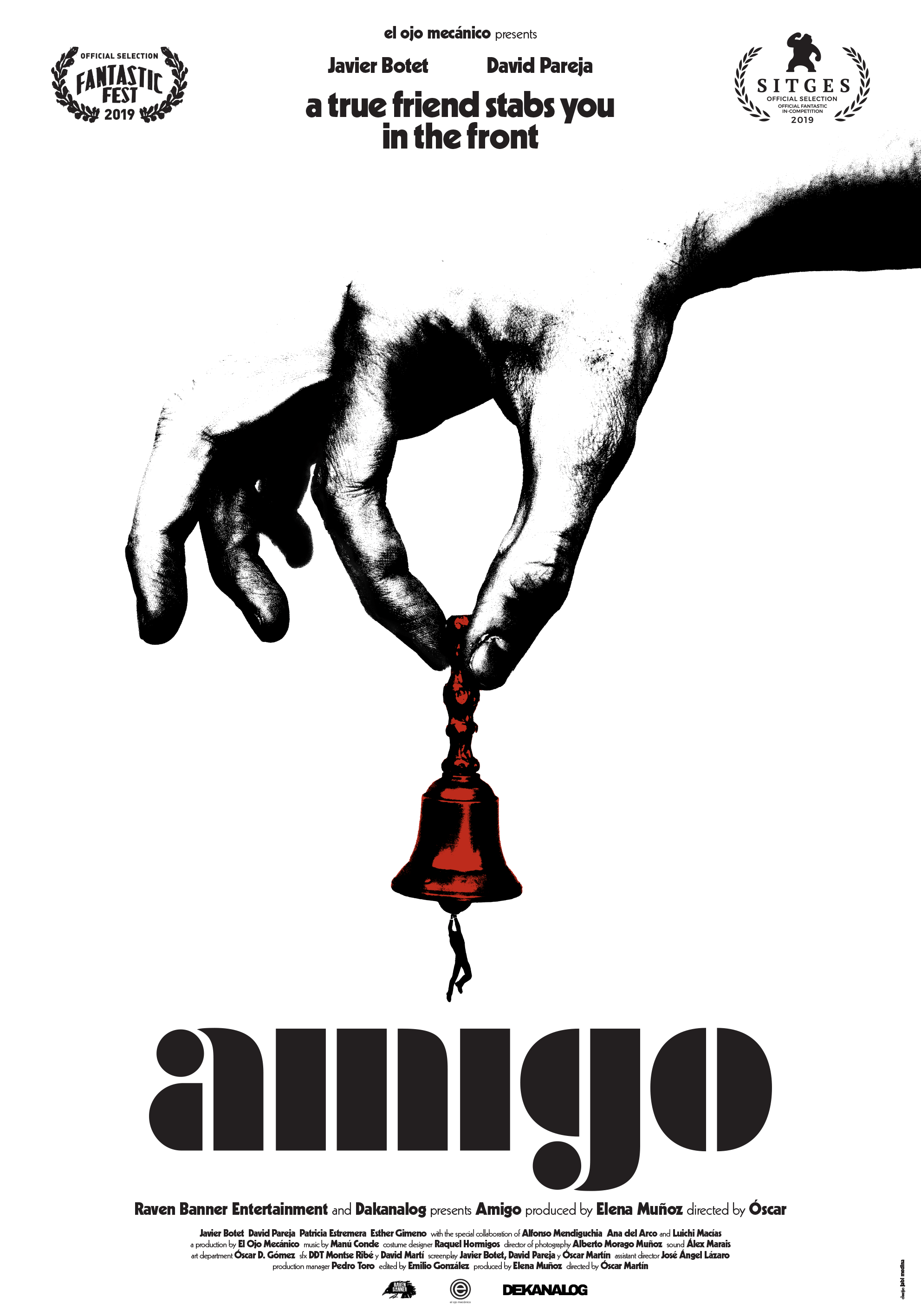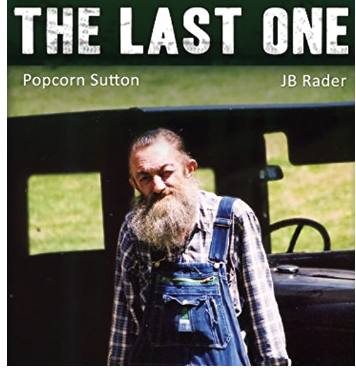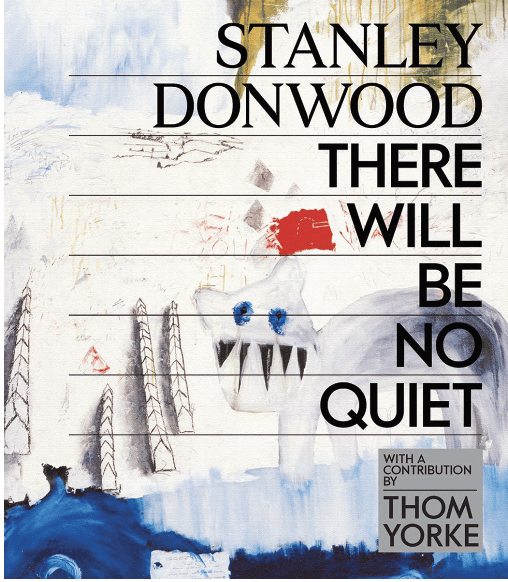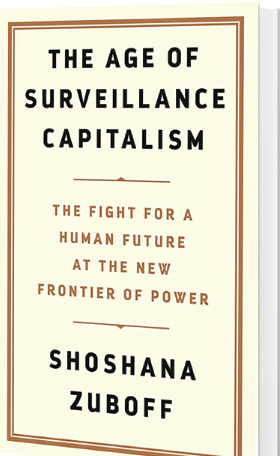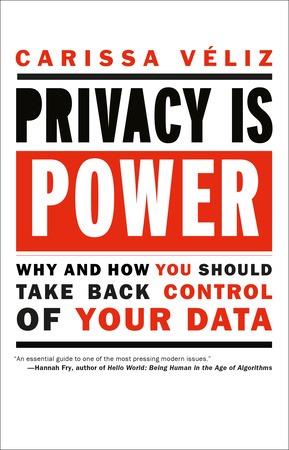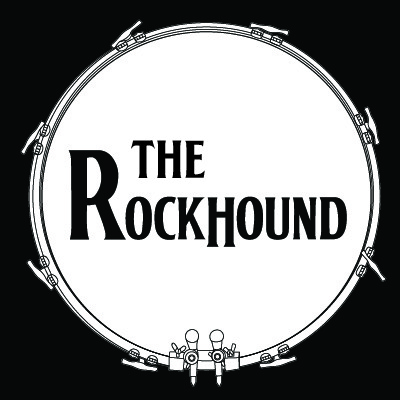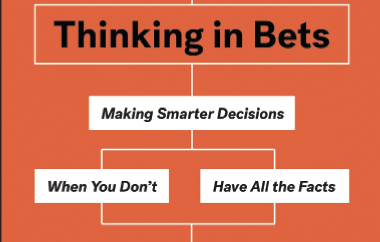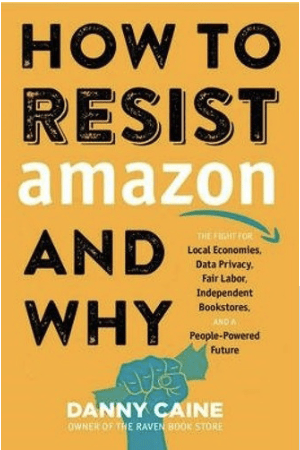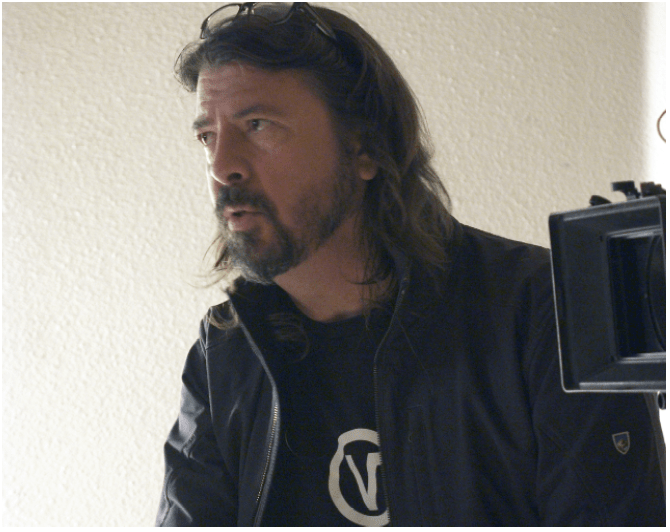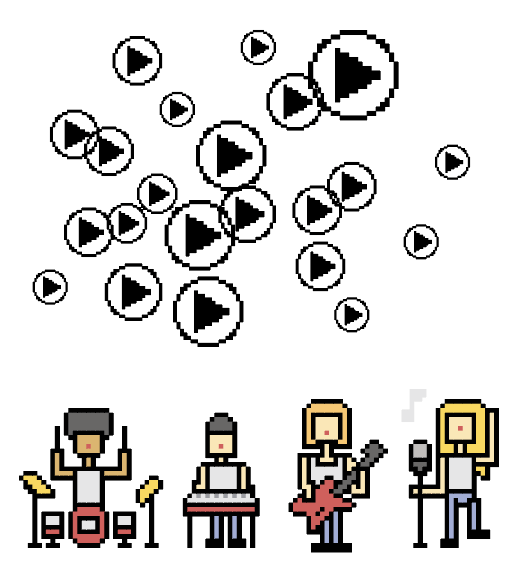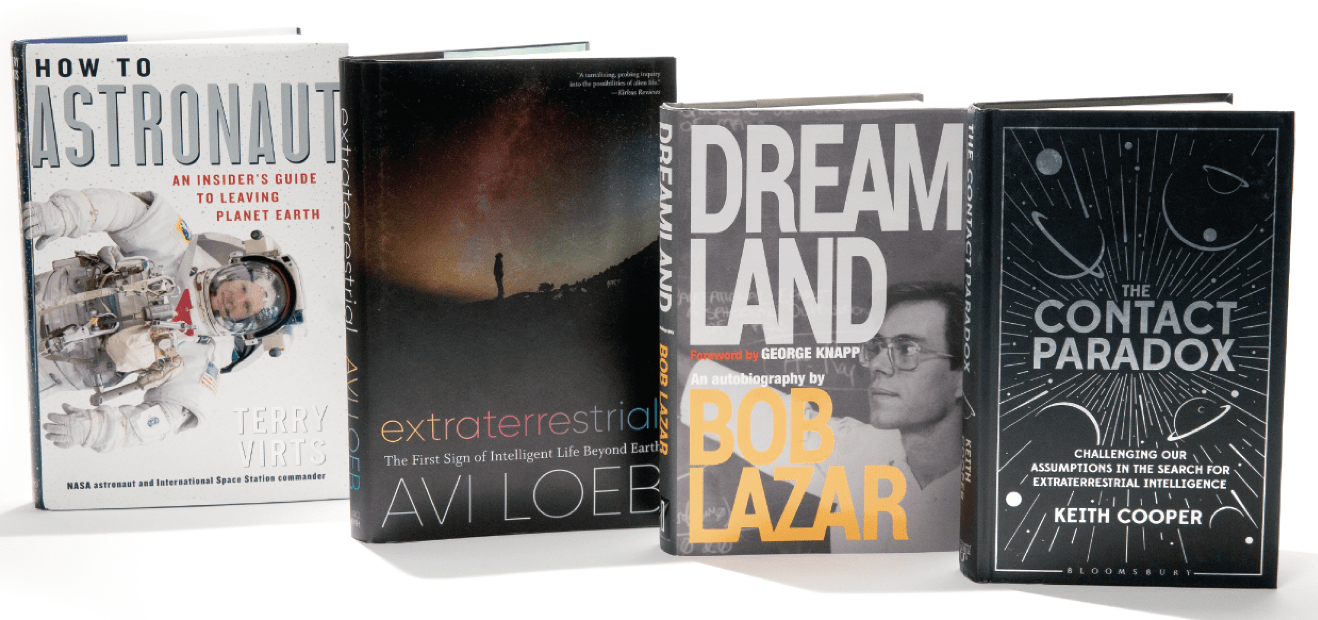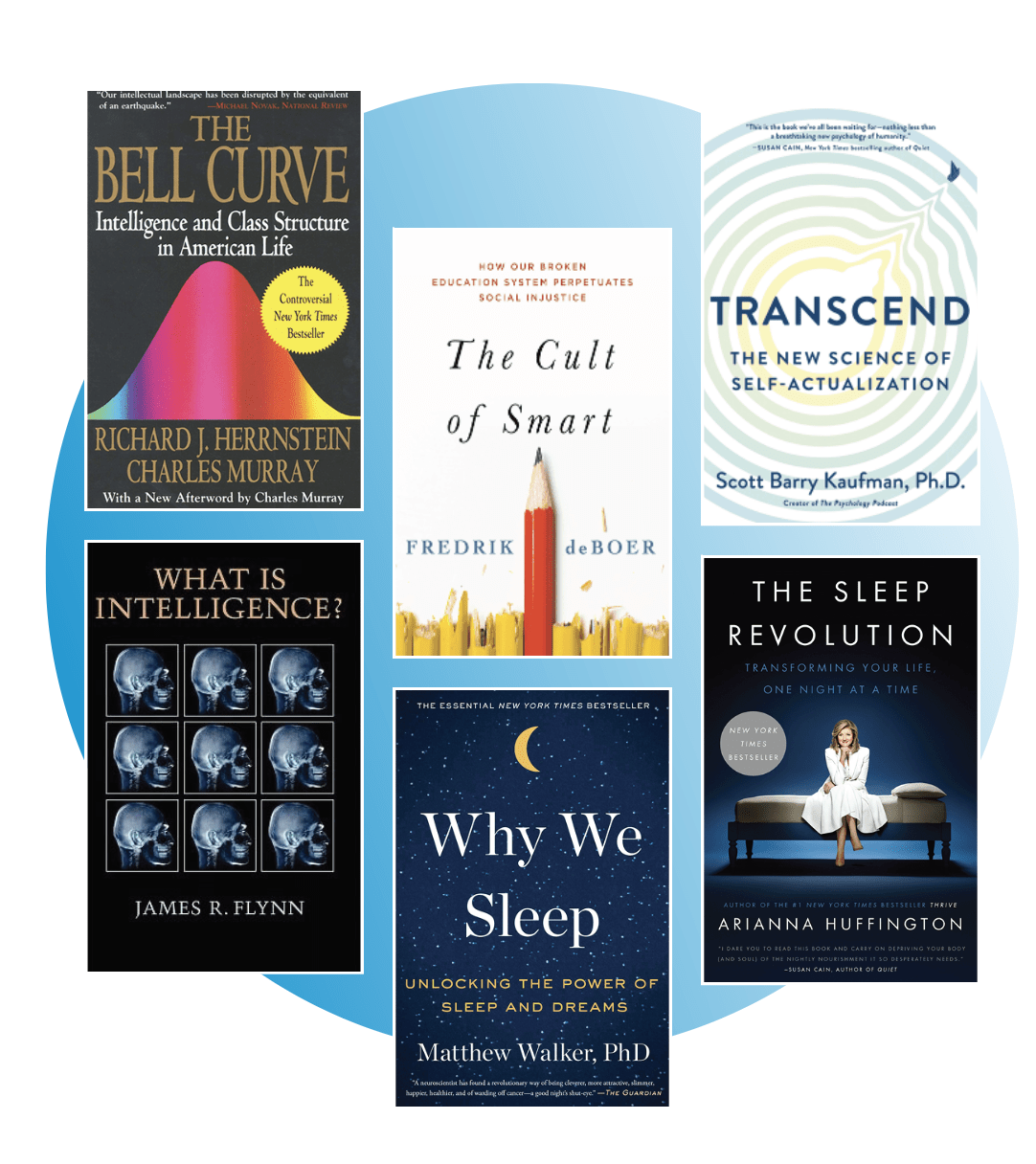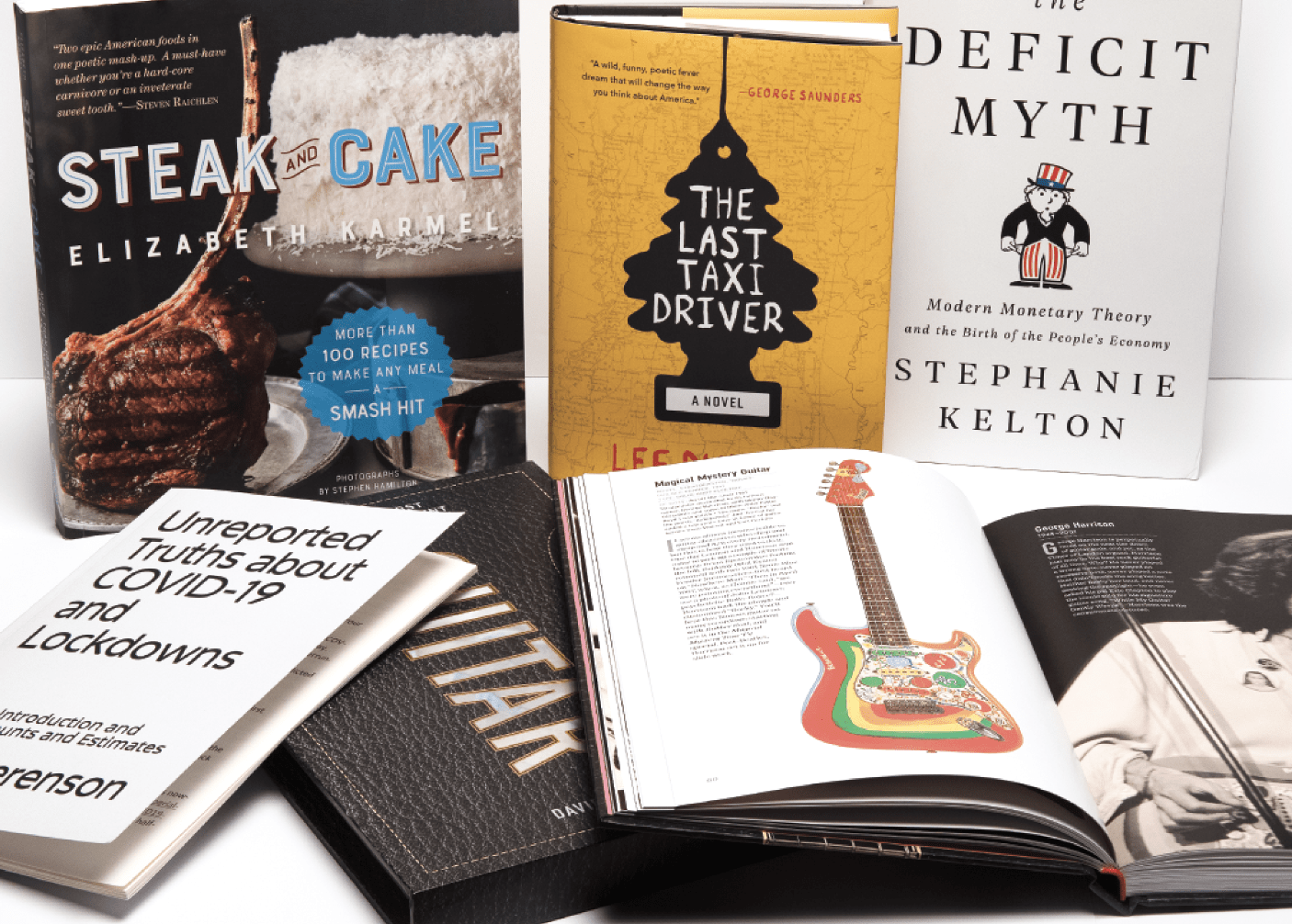Get Smart
There’s no shortage of books, documentaries and podcasts with education themes. Here are some of Luckbox’s favorites.
Documentaries
Ivory Tower
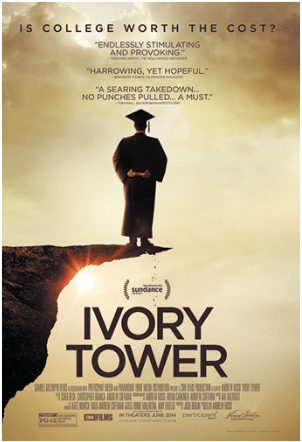
Ivory Tower explores the contentious question of whether the value of higher education is worth its increasingly exorbitant cost. From community colleges and four-year universities to vocational schools and online courses, Ivory Tower looks at nearly every facet of higher ed—and its alternatives—through the lens of education as a business. Named one of the best documentaries of 2014 by IndieWire, the film uses real stories of students and parents to paint a sobering picture of the impact that loans and other costs associated with attaining a college degree have on people’s lives. Despite being released in 2014, the film explores challenges and experiences that remain relevant to this day.
Podcasts
Borrowed Future
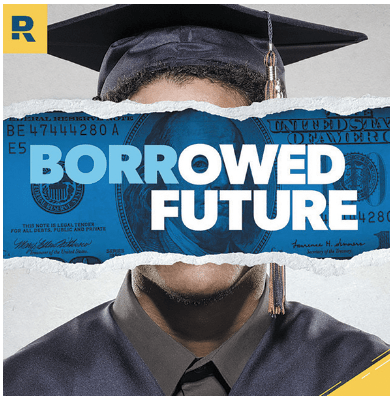
Ramsey Network’s Borrowed Future podcast argues that student loans are killing the American dream. It backs that up with nine episodes of hard-hitting—and oftentimes hard-to-swallow—coverage of the student loan industry and its unrelenting stranglehold on 46 million American borrowers. Exploring topics such as the “traps of higher education,” whether college is even worth it and how to pay for college without taking out loans, Borrowed Future demystifies the student loan industry and presents actionable ideas students and parents can consider before they commit to indebting themselves. Boasting a 4.9-star rating on Apple Podcasts, the show has been met with widespread acclaim. “I wish this was required listening for every high school student,” one listener wrote.
Books
How to Write One Song by Jeff Tweedy
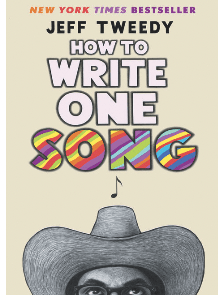
Songwriting isn’t a prerequisite for most college degrees, but if it were, Jeff Tweedy’s How to Write One Song would be on the required reading list. The Wilco guitarist’s New York Times bestseller delivers practical advice in a playful, charming tone that makes songwriting seem less daunting—accessible, even. Tweedy kicks things off with an anecdote about how he considered himself a songwriter long before he had ever written a song. But being something is different than doing something, he notes, and everyone is capable of simply being a songwriter. As for the doing part, that’s where Tweedy’s expertise shines through: Exercises, recommendations and motivational reassurances abound. And even if you don’t wind up writing a song, you’ll walk away glad you learned how to.
Books
The Evidence Liberal Arts Needs
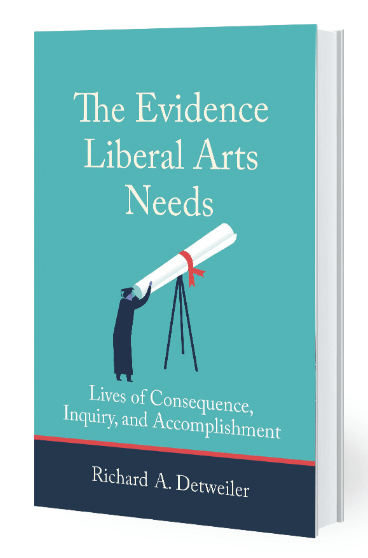
Education in the tradition of the liberal arts fulfills a different purpose [than career-oriented instruction]. Rather than focusing only on individual benefit and near-term employment and income, it is designed to benefit both the individual and society over the longer term. As research has found, longer-term outcomes for not only individual success, but also leadership, contribution to society, cultural involvement, life fulfillment, and continued learning, are consistently related to liberal arts educational practices. These positive life outcomes are associated with learning in an educational community, developing larger perspectives, experiencing engaging pedagogy, developing intellectual skills, studying a broader span of knowledge, and having a nonvocational major. Indeed, while first job placement and income may be better for those with specialized training, this advantage disappears rather quickly.
For liberal arts education, becoming higher educated is not based on the accumulation of facts in a person’s head that may lead to their first job; rather, it is preparation for life success, as opportunities and challenges inevitably change. This liberal arts outcome is accomplished through a comprehensive educational ecology involving a full set of in-class and out-of-class learning experiences. Quality assurance by government agencies or private ratings groups is more challenging in this case: rather than measuring first job salary, quality indicators must examine current educational practices (e.g., degree of faculty and student involvement, span of student learning, engagement with new perspectives) and the longer-term success, contributions and life satisfaction of graduates.
So, what is the value of a liberal arts education? It depends on one’s goal. For the student whose priority is that first job, and for a society most concerned with employability upon graduation, the liberal arts may have only limited value. However, for the student whose goal is a life of consequence, inquiry and accomplishment over the longer term, and for a society concerned with growing and supporting an economically and socially successful democracy, the liberal arts has great value.
For two centuries, American-style colleges and universities have been distinguished by their commitment to the common good—to the well-being and advancement of both the individual and the society. It is clear that a refocus on the impactful long-term practices of the liberal arts, rather than the Prussianized specialization that is currently in vogue, is essential for the health and longevity of the ideals upon which this nation was founded.


